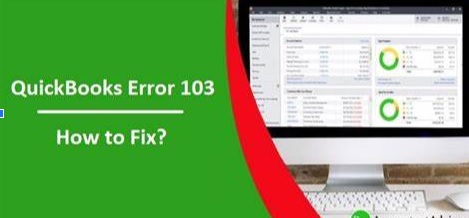Learning to take care of your personal finances by avoiding risky practices in your transactions is the only way to combat bank fraud.
The use of electronic banking has spread in recent years, however, there are still bank users who are wary of doing their operations online for fear of personal information theft.
Although cyber fraud is widespread and difficult to eradicate, the best defense is to exercise extreme caution when entering your bank’s portal and be careful not to fall for scams through calls or emails.
The National Commission for the Protection and Defense of Users of Financial Services has developed a series of recommendations that you should always keep in mind.
Secure banking
In the case of electronic banking, adopt these tips as part of your financial habits to guarantee the security of your sessions:
- Create access codes that do not contain personal data, combining lowercase, uppercase and numbers as well as giving it a length of at least twelve characters.
- Keep your documents and electronic files containing your PIN, passwords and dynamic keys in a safe place.
- Do not share your keys and passwords with anyone to enter banking portals.
- Keep electronic key generators ( tokens ) in a safe place.
- Activate the alert system so that you receive notifications on your cell phone or email of any access or movement in your accounts.
- Do not leave your electronic banking sessions open for a long time.
- Check your account statements periodically to detect any suspicious movement in time.
- Do not access your electronic banking in Internet cafes or through public Wi-Fi networks.
- Do not access banking portals through hyperlinks shared in emails or other websites.
- Type your bank’s address directly into your browser.
- Change your passwords every two or three months and make sure they are different for each electronic banking portal you use.
- Do not activate the remember password function for your banking portal.
- Don’t leave open banking sessions unattended.
- When shopping online, make sure the site is secure by verifying that the address begins with “https.”
Maximum alert against bank fraud
On the other hand, Condusef also advises you to be alert to avoid being a victim of fraud that puts your assets and, in general, your life plan at risk.
The institution warns that these are the most common scams:
Fake calls or texts
Through these they ask you for personal information or the data of your credit or debit cards, including the security numbers on the back.
There are three ways: they announce that you won a prize, they inform you that they will refund an improper charge to your account or that they will replace your current card with a new one.
The recommendation is that you never give information about your accounts or plastics, since neither banks nor issuing companies such as MasterCard and VISA request this information by phone, message or email.
Altered ATMs
The common practice is for criminals to place devices that read your card data on top of the slot where you must insert it.
Another tactic is that the criminal breaks the ATM and then solicitously wants to help the account holder by offering to clean the card, a moment that he takes advantage of to exchange it for another. Once the impostor leaves, a second criminal lined up behind him stays to watch the confidential number typed in. This way they get the information they need to later use the valid card.
Fraudulent emails
In this practice known as phishing , fraudsters announce in an email message that the user’s account has been blocked and ask them to click on a hyperlink to perform the unlocking process, but this link leads to a bogus website where, then They collect all the personal information of the affected party.
You should never respond to such emails, but rather contact your bank and, if necessary, access online banking by typing the portal address directly into your browser.
Sometimes there are emails that are accompanied by attachments, these should not be opened or executed unless it is certain that the file was expected to be received by the sender. These files are usually malicious, that is, their execution can lead to malware infections, theft or hijacking of information.
Fighting bank fraud requires your active participation, being a cautious electronic banking user, with common sense and always staying alert.
Posted by: John Labunski





